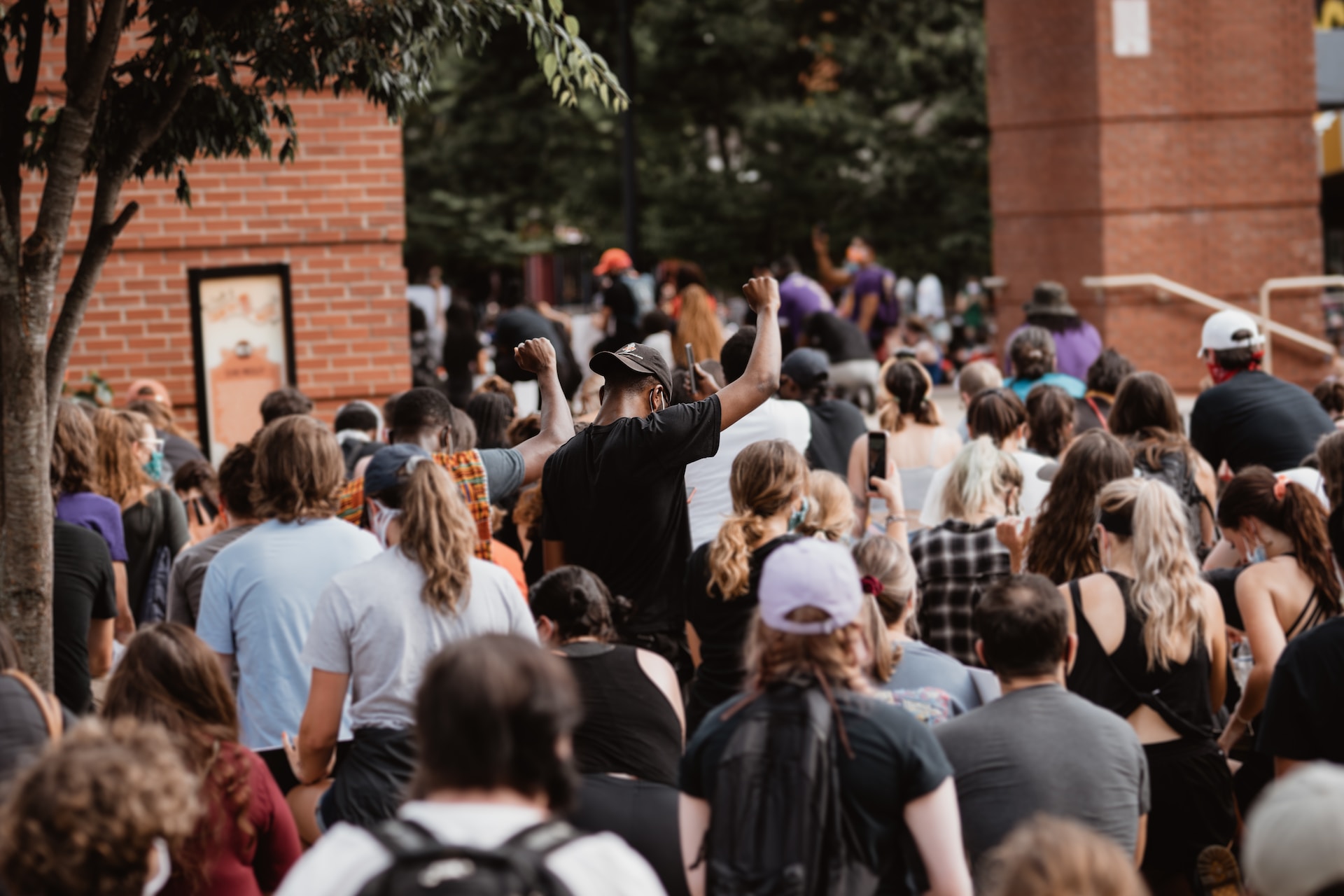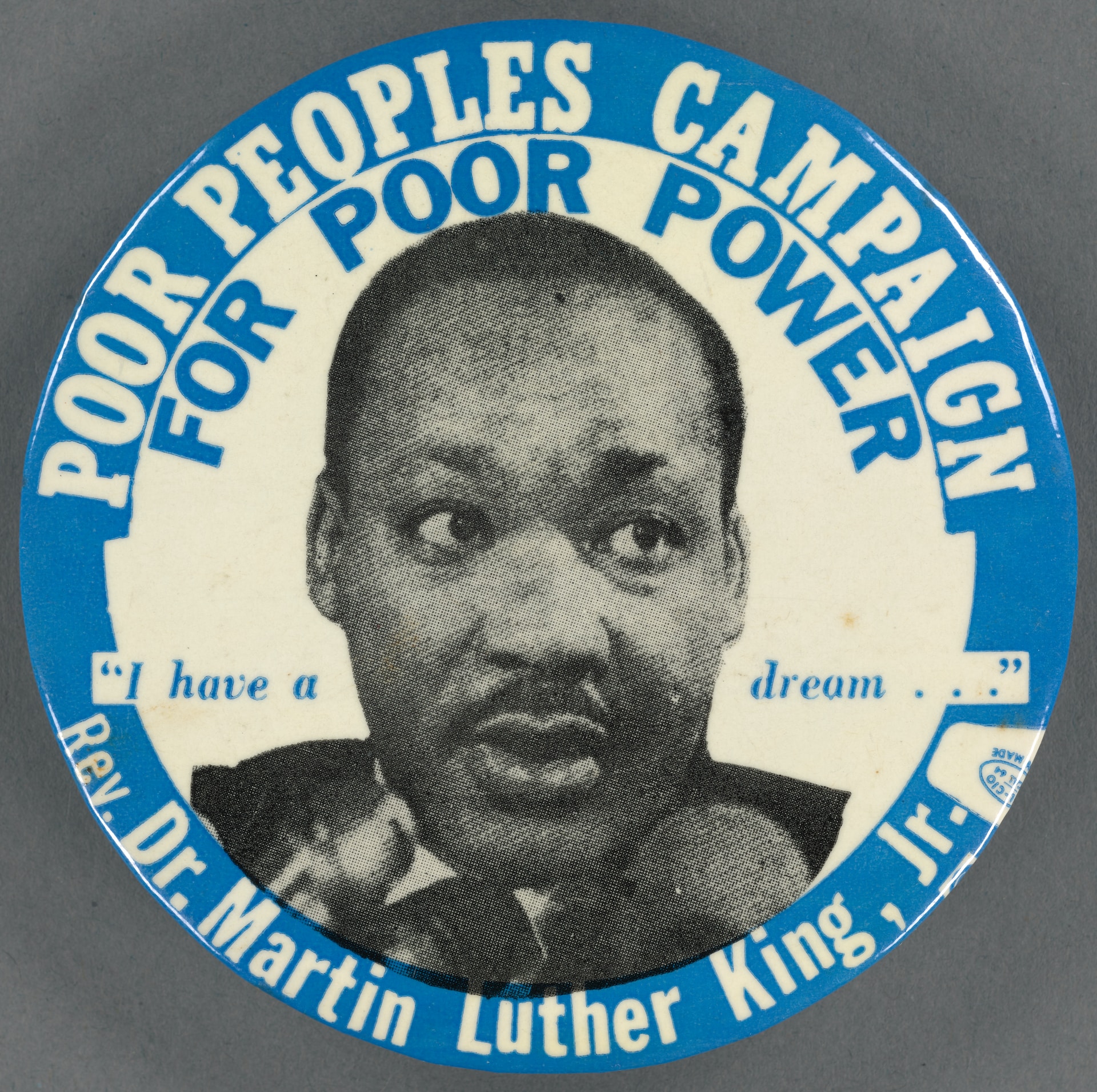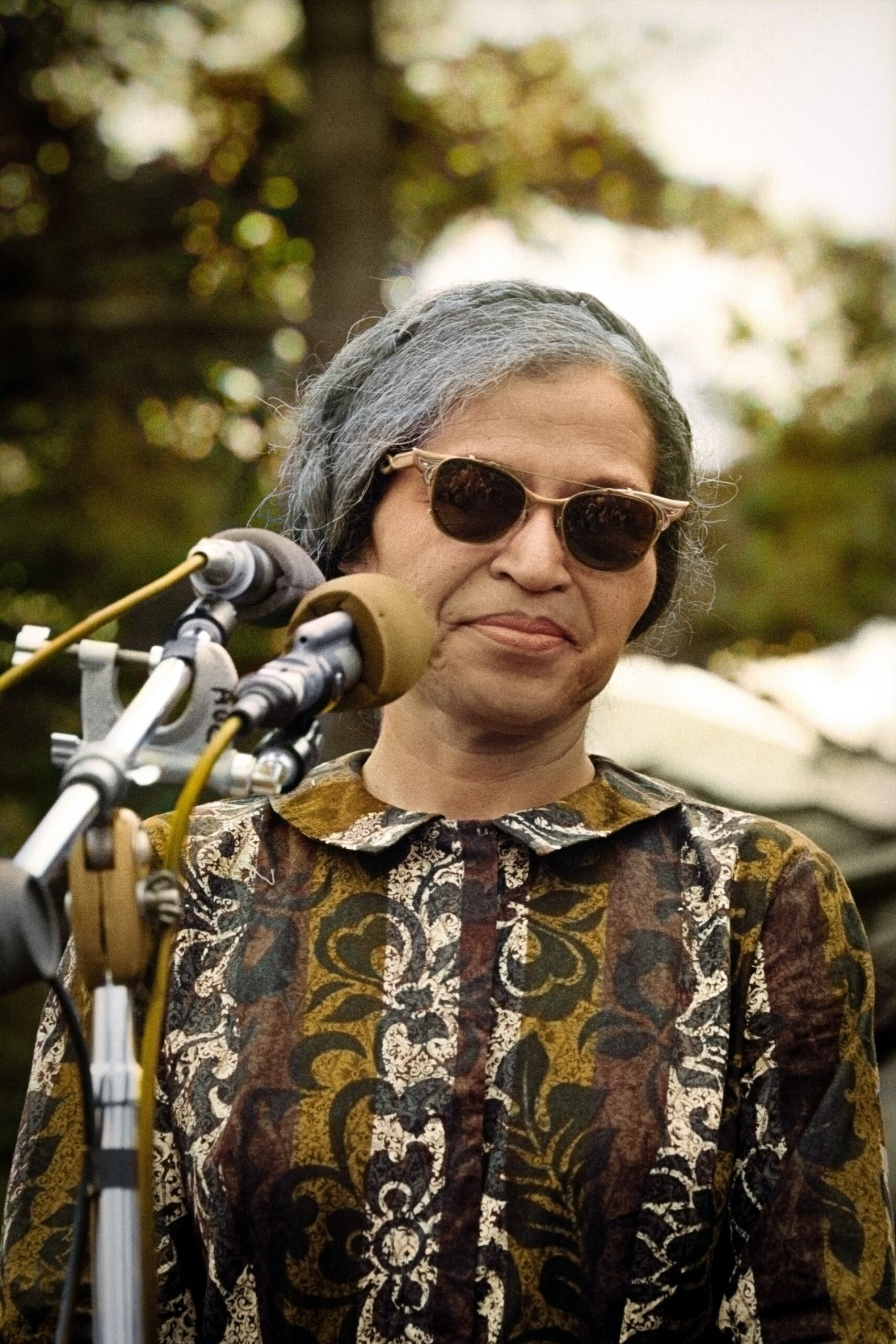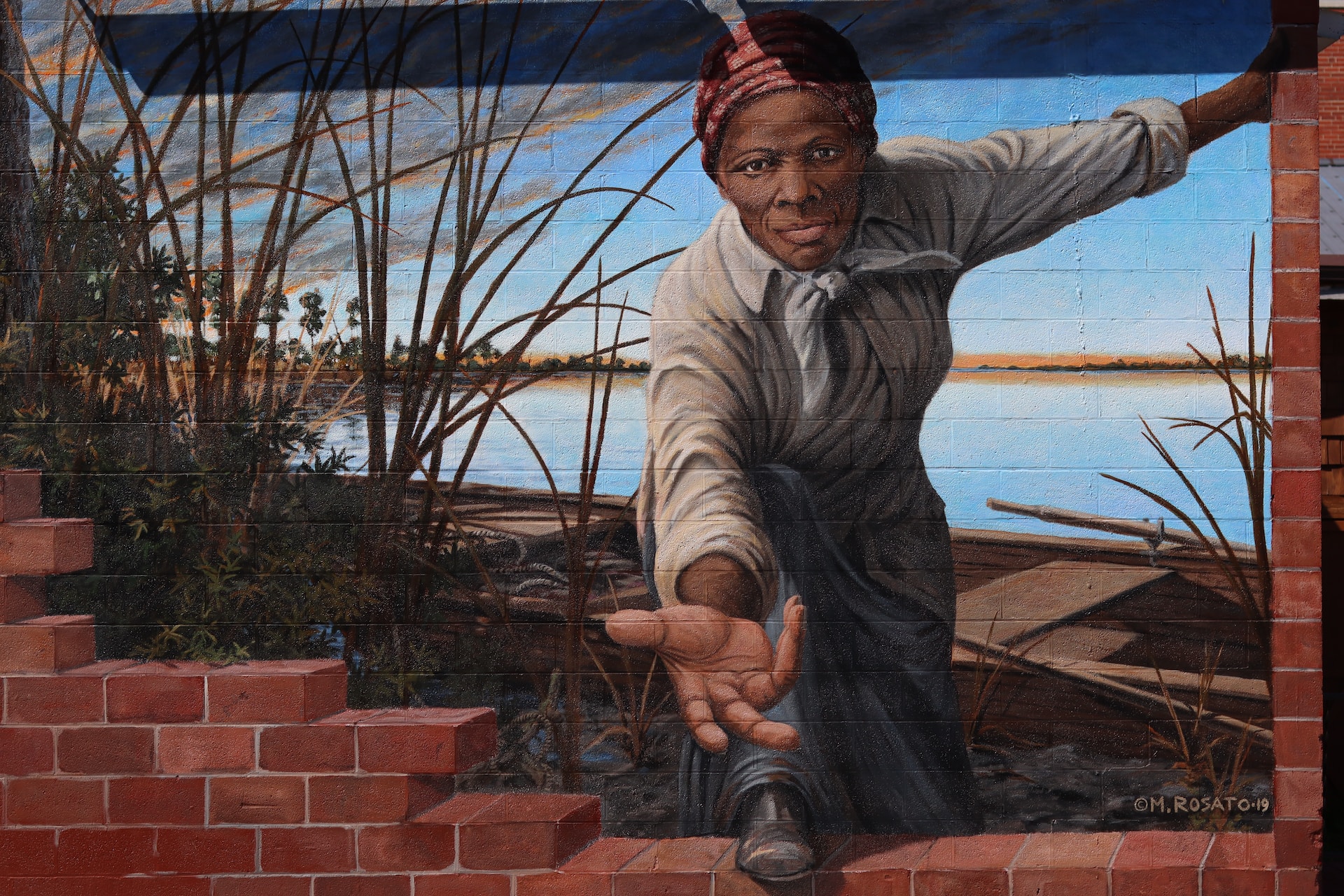On this day in 1931, The National Hunger March reached Washington D.C. The marchers demanded “unemployment insurance, the seven-hour workday with no cut in pay; a federal work program paying union wages; an end to racial discrimination and deportations of immigrant workers; support for the demands of the veterans and poor farmers; and that all funds being built up for making war be used instead to help the unemployed.” Throughout its history, the United States has risen to the challenge of poverty and hunger. Today, we continue to work to eradicate these issues. In telling your story, we recommend referring to the values of economic opportunity, community, and equity.
Tag: social justice
Montgomery Bus Boycott began
On this day, four days after Rosa Parks was arrested, the Montgomery Bus Boycott began. Out of Montgomery’s 50,000 African American residents, 30,000 – 40,000 participated in the boycott. The protest lasted for 381 days. Residents walked, bicycled, or carpooled to deprive the bus company of a substantial portion of its revenue.
Poor People’s Campaign
On this day in 1967, Rev. Dr. Martin Luther King Jr. told reporters in a press conference that the Southern Christian Leadership Conference would start an initiative that came to be called the Poor People’s Campaign. The campaign continues today. Discuss this anniversary by referring to the values of economic opportunity, equity, and voice.
International Day of Persons with Disabilities
Today is the International Day of Persons with Disabilities. It was created by the United Nations to empower and ensure inclusion for persons with disabilities. Discuss this hook by citing the values of voice, community, and economic opportunity.
International Day for the Abolition of Slavery
December 2 is the International Day for the Abolition of Slavery, an opportunity to uplift the need for an honest reckoning with the United States’ legacy of slavery. In telling your story, we recommend leading with the values of equity, voice, and economic opportunity.
World AIDS Day
Today is World AIDS Day, an annual event to show support for those living with AIDS and to honor those who have died from AIDS-related illness.
Rosa Parks refuses to give up her seat
On this day in 1955, Rosa Parks refused to give up her seat in the “whites only” section on the bus, a pivotal moment in the civil rights movement. This anniversary provides an opportunity to discuss the ongoing struggle for racial justice and counter efforts to undermine an honest recounting of our nation’s history. Reference the values of equity, voice, and community.
Harriet Tubman’s First Underground Railroad Mission
In December 1850, abolitionist Harriet Tubman engineered her first rescue mission as part of the Underground Railroad. The exact date is unknown. Tubman organized 13 rescues in which she led about 70 people to freedom. Tubman is the subject of the film, “Harriet.” Discuss Tubman’s legacy by citing the values of voice and equity.
Shirley Chisholm
Shirley Chisholm was born on this day in 1924. Chisolm was the first Black woman elected to Congress. Cite the values of Voice and Equality when talking about this day.
Department of Homeland Security
On this day in 2002, the Department of Homeland Security was founded when President George Bush signed the Homeland Security Act into law, more than a year after the September 11th attacks. This bold government restructuring reframed immigration as a national security issue. Use this anniversary to discuss the legacy of DHS agencies like Immigration and Customs Enforcement and the Border Patrol. Cite the values of safety, economic opportunity, and community when discussing this anniversary.







